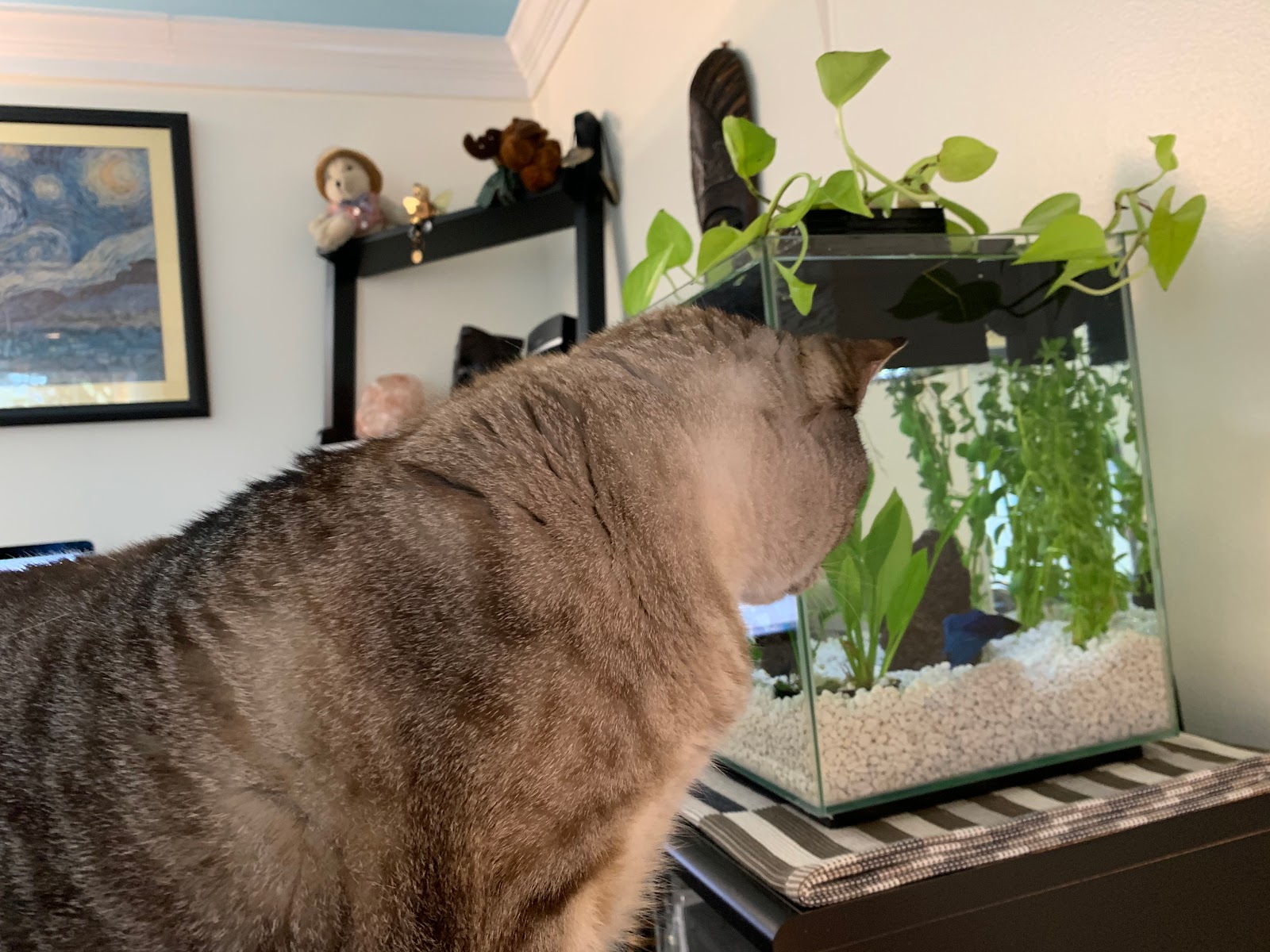Mindfulness in Everyday Life
This week I'm reminded of the importance of mindfulness. Being mindful means being in the present moment. Being mindful means that we place our full attention into what is going on in the moment. This isn't as easy to do as we think. And, we often think that it's easier to be mindful during happy, pleasant moments than it is to be mindful during sad, uncomfortable moments. But, that's not necessarily true. Think about something that made you happy. Can you remember the details, or just an overall feeling and fleeting thoughts? What about an unpleasant moment? Is that one clearer, or are those details fuzzy?
Learning to be mindful allows us the opportunity to fully embrace a moment and an opportunity to remember it more in detail. This is awesome when it's a happy moment. Mindfulness lets us slow down to really appreciate this experience fully. It reminds us that time is fleeting; this moment is fleeting - gone with the next breath. So, by focusing on the moment we can enjoy it more deeply and appreciate it more. And, for unpleasant moments, being mindful reminds us that "this too shall pass". With each breath, the moment passes. We are given a chance to start again. And, mindfulness allows us the opportunity to "respond" rather than "react". It builds in a pause between the experience and our actions. This can help us keep an argument from getting worse, a situation from degrading, and it allows us to be our best selves.
Mindfulness is easy to practice. Yes, you can sit in a formal meditation to help you with this. But, really formal meditation is just about practicing mindfulness so that you can incorporate it into your everyday life. You don't need to practice mindfulness in such a formal way. For instance when you're driving, focus on actually driving. Look at the cars around you, their colors and license plates, and even the weather of the day. If you're doing dishes, focus on the feel of the water and soap on your hands, the colors reflected in the bubbles, and the details of the dishes. And, if you're working on something, try not to hop over to email, social media, or otherwise getting distracted from your task. Any task that you have is an opportunity to practice mindfulness.
Remember, though, when you notice that your mind has wandered away from whatever task you're doing, simply take a breath and bring your attention back to what you're doing. Don't judge yourself or mentally berate yourself for your mind wandering. It's the mind's job to think, ponder, plan, and remember. So, it's doing exactly what it's supposed to. Just let that thought go, take a breath, and bring your attention back to the task at hand. Over time, you'll find that it's easier to notice when your mind wanders; but, you'll never have a "perfect meditation" where your mind doesn't wander. And, that's ok. But, you will find that you are calmer and feel more centered the more you practice.
(Cat's are experts at mindfulness, especially when stalking their prey or getting petted. - Note: no fish were harmed in the creation of this post.)



Comments
Post a Comment